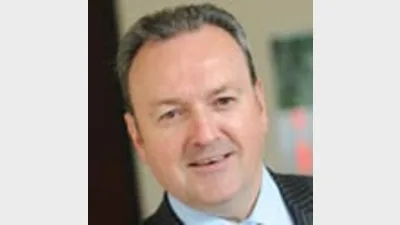Heart of industry problems remain overlooked



|
|
The executive manager of Guardian Financial Planning, Steve Browning, has blamed interest groups in the industry for “hijacking” discussions about ethics, capital adequacy and regulatory supervision. Instead, the debate is about commissions and fees.
Speaking to Money Management, Browning said capital adequacy requirements, ethical behaviour, and regulatory supervision were the three big issues of debate at the root of problems in the industry, at both an investment product and dealer group advice level, and individuals in the industry with “vested interests” had “hijacked” discussion of those issues with a debate about fees and commissions.
“These are the three ‘big rocks’ in the industry. I think unfortunately some quarters, and some individuals in our industry with a vested interest, have hijacked the ‘big rocks’ discussion with things like commissions and fees,” he said.
Browning said the shortcomings of Storm Financial had been simplified to a commissions versus fees argument, when Storm participated in a “whole range of issues” that ultimately led to the downfall of that model.
Capital adequacy of boutique dealer groups was also still an issue for the industry, Browning said.
“If you want to address the causes of Storm Financial or any other renegade boutique advisory firms, you have to look at that issue,” he said.
The Parliamentary Joint Committee (PJC) on Corporations and Financial Services recommended in its report that managed investment scheme licensees become obligated to demonstrate sufficient working capital.
Browning advocated a greater focus on adherence to ethical standards, increased capital backing of boutique dealer groups, and greater regulatory supervision in his address to the PJC inquiry.
Recommended for you
AMP has agreed in principle to settle an advice and insurance class action that commenced in 2020 related to historic commission payment activity.
Financial advisers will have to pay around $10.4 million of the impending $47.3 million CSLR special levy but Treasury has expanded the remit to also include super fund trustees and other retail-facing sub-sectors.
While social media can have positive financial influence, the overwhelming risks signal a greater need for affordable advice as Australians continue to seek financial education on social media.
Fitzpatricks Advice Partners has released a guide on building a national advice firm with the argument that these firms are crucial to facilitating growth in the struggling profession.










